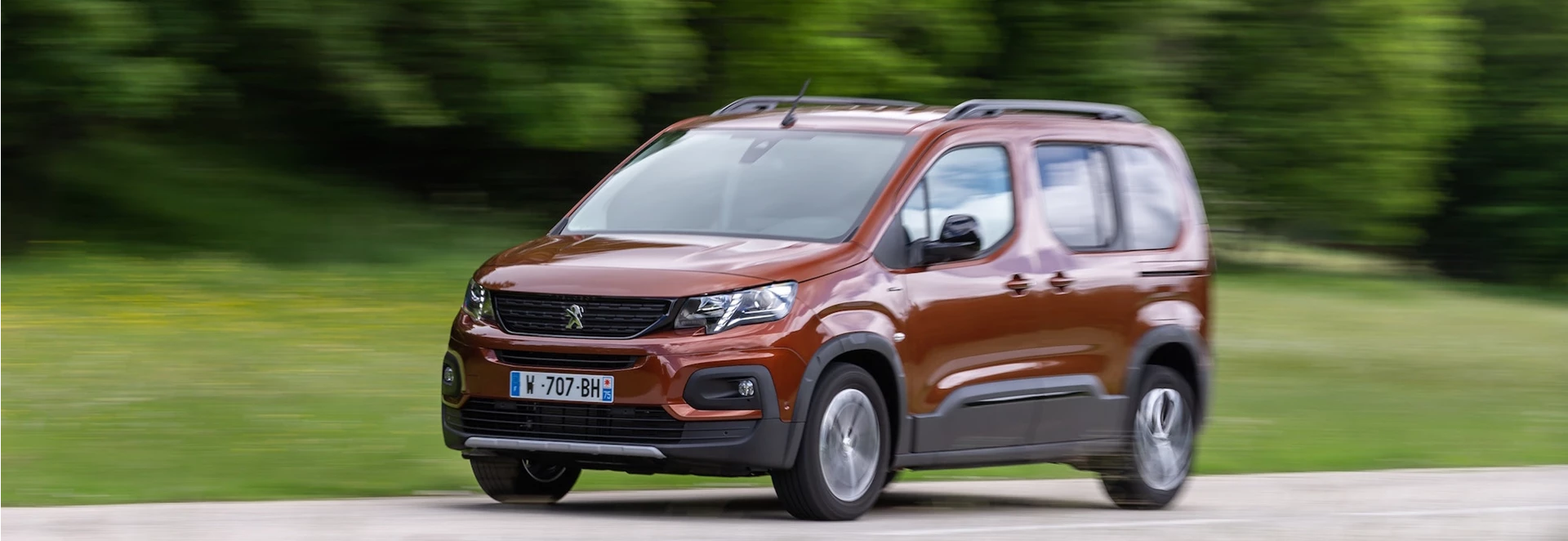Introduction
Van-based people carriers have always appealed to those who value practicality above all else, but it’s a market that has been in decline.
The new Peugeot Rifter replaces the Partner Teepee, and sits on the same platform as both the Citroen Berlingo and Vauxhall Combo in the PSA Group’s latest instalment of badge engineering.
It’s an all-new machine, with the Partner name being ditched in a bid to separate it from the van it’s based on.
It looks good as well, with Peugeot’s new corporate design working well, as well as the i-Cockpit system also making an appearance inside.
The engine choice is hardly inspiring, with the option of PureTech 110 and 130 petrol engines and BlueHDi diesels in 75,100 and 130 guises.
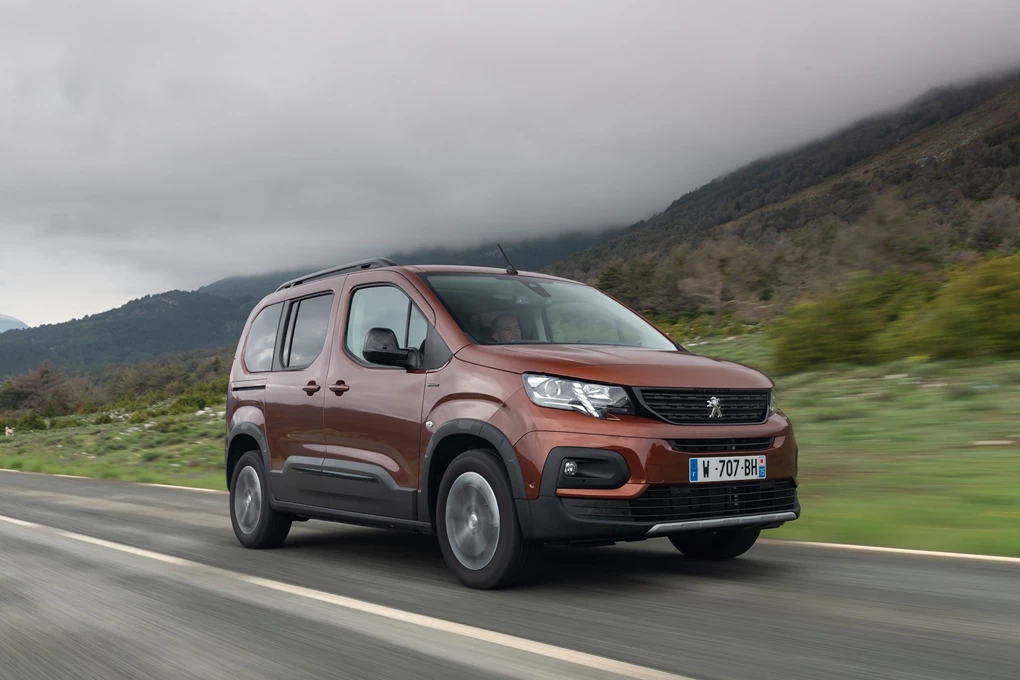
Performance
Our car was the range-topping diesel – the BlueHDi 130. It’s a 1.5-litre unit producing 128bhp and 221Nm of torque, and is paired to an eight-speed automatic gearbox. While Peugeot is yet to issue 0-60mph figures, it’s capable of a top speed of 116mph.
It’s hardly a performance car, but the diesel provides ample power to cart the Rifter around without it feeling too stretched. The engine itself is also reasonably quiet, and helps to detract from its van-like roots.
Test Drive a New Peugeot
Ride and handling
The drive is where the Rifter’s van roots begin to shine through. It requires plenty of effort to navigate corners, while there’s lots of lean in the corners, although that’s to be expected from such a high-sided vehicle.
The ride can be unsettled at speed, over potholes and bumps, although you’ll have an excellent view outside thanks to the Rifter’s huge windows, which means parking is a breeze thanks to its compact dimensions.
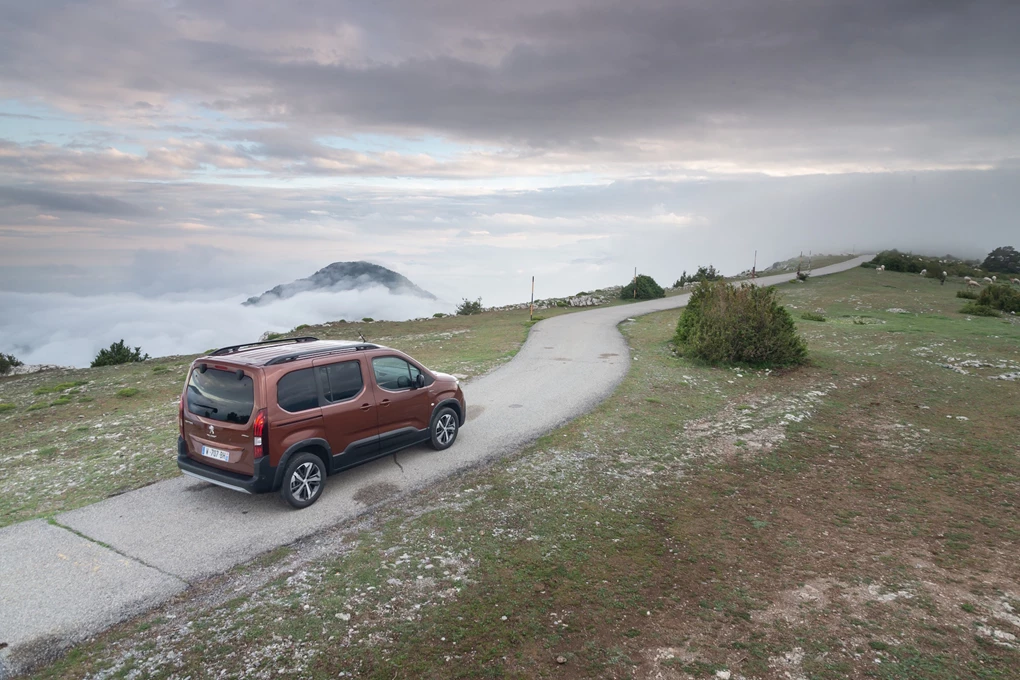
Interior and equipment
Jump in the Rifter and you’ll instantly be attracted to its i-Cockpit layout, which is slowly being used across the French brand’s products. It gets a raised instrument cluster, an easy-to-operate eight-inch touchscreen (on Allure models upwards) as well as a small steering wheel, which is designed to give the Rifter a sportier feel – another element of Peugeot’s latest design language.
While the interior works on Peugeot’s other products, the interior feels a bit out of place here, and it’s not helped that this futuristic look clashes somewhat with some of the hard interior plastics.
But this is perhaps meaningless when it comes to practicality – the main focus for most buyers. Few cars can offer the sheer capacity the Rifter offers, with an enormous 775 litres of boot space, even with all seats in place. All three rear seats also have Isofix child fixings, and if you’re wanting even more practicality, it’s worth holding off until 2019 when a seven-seat version will be launched.
Standard equipment on our range-topping GT-Line model includes keyless start, sat nav, gloss black exterior detailing, LED daytime running lights and an eight-inch touchscreen with Apple CarPlay and Android Auto.
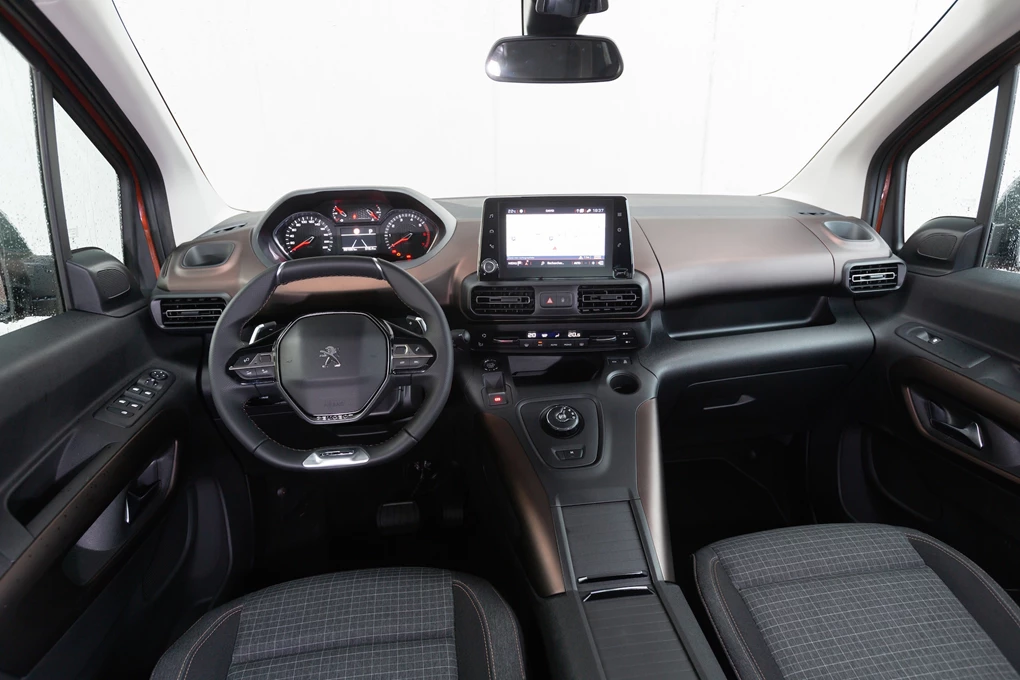
Cost
Prices start from £19,560, with our top-spec GT-Line model costing £24,220, which might seem a lot of money for what’s essentially a small van with seats, but you’d be hard pressed to find a car with this equipment and practicality levels for cheaper.
That said, we’d be tempted to go for the Allure model which misses out on the gloss black styling and sat nav, but still comes with Apple CarPlay and Android Auto.
This engine is efficient, too, with CO2 emissions of 114g/km and a claimed fuel economy figure of 65.7mpg.
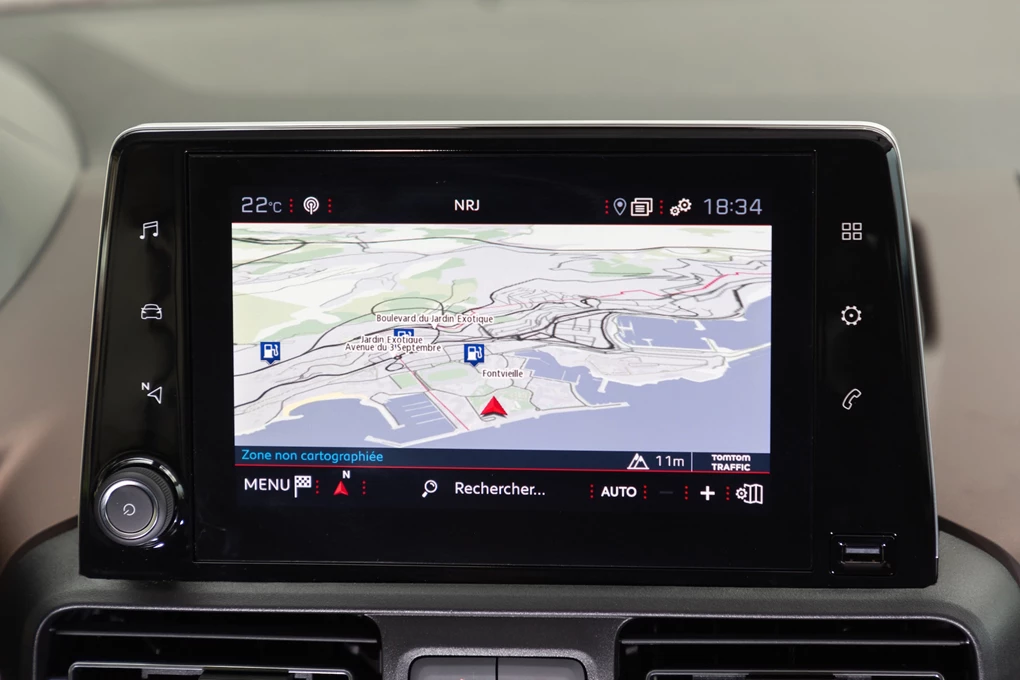
Verdict
The Rifter manages to inject a hint of style into a class that’s usually lacking it, but is still impressively practical and offering all the versatility you would expect from a van-derived MPV.
While its van roots shine through, and it can’t offer the attractive styling of SUVs, if you value sheer practicality without huge compromise, and good equipment levels, the Rifter makes for an excellent choice.
Enquire Now on a New Peugeot